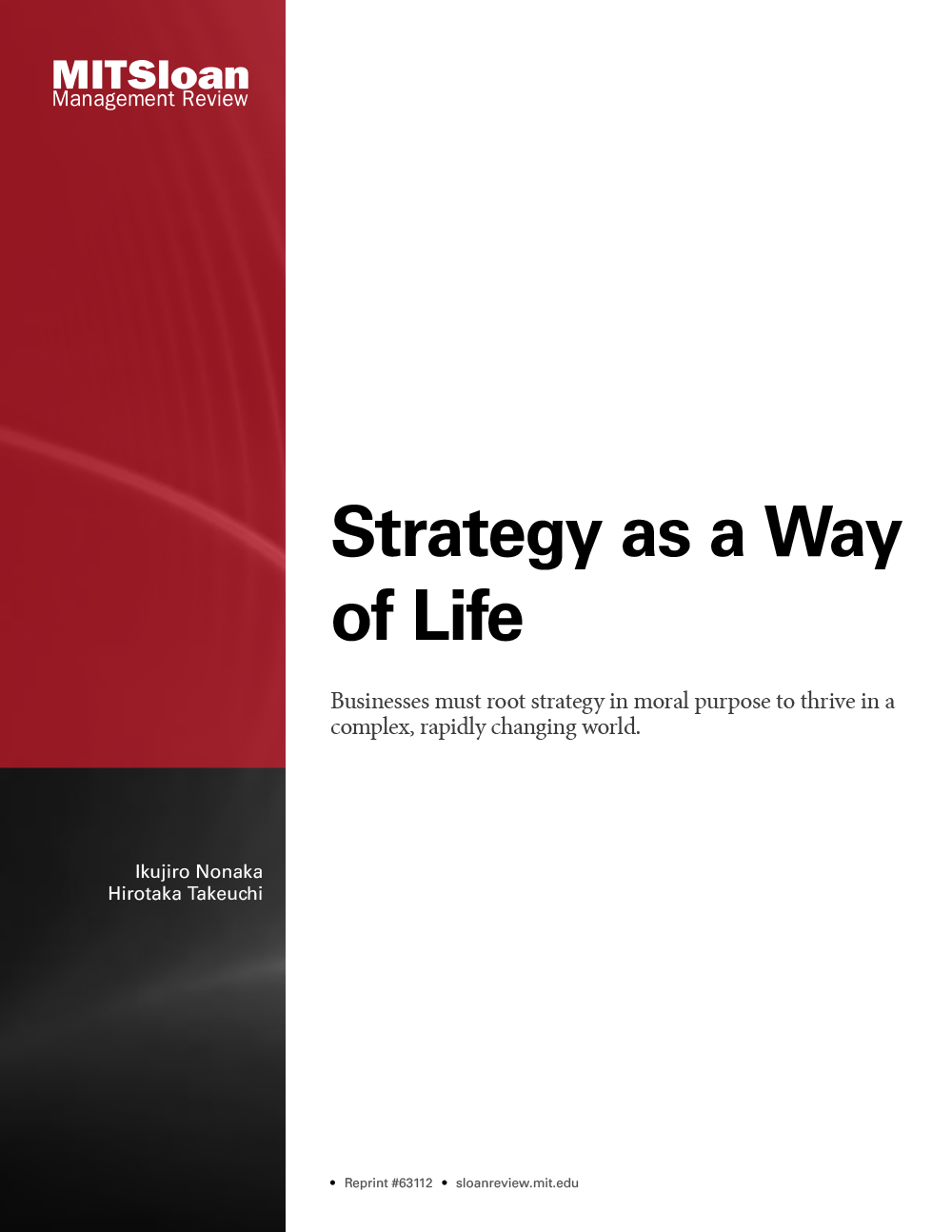
From "Trust Me" to "Show Me": Moving Sustainability at Shell Oil From "Priority" to "Core Value"
The timeline of energy development projects now is largely driven by sustainability and social performance issues, says Marvin Odum, president of Shell Oil Company. That's prompting innovations in how the company involves external stakeholders, incentivizes employees and drives changes throughout the entire energy industry.
"When I look at an investment proposal now," says Marvin Odum, president of Shell Oil Company, "it still covers the technical issues, of course. It certainly covers the financial issues. But fully half of that proposal deals with what I would call the non-technical risk: social performance and sustainability issues."
Like other energy companies, Shell is in a classic "rock and a hard place" situation. The world wants what Shell provides, but it wants it when it wants it, at a price it likes to pay, and with positive or at least neutral environmental and social impact. That's forced the company to adapt its traditional innovation approach and even its overall organizational structure in some surprising ways.
The need for those changes has also been heightened by the environmental damage and public relations disaster of the BP oil spill in 2010, Odum says. "What the Gulf of Mexico spill shows us is we are dependent on how the whole industry performs; it affects a part of our license to operate." This is true even though Shell enjoys a reputation for sustainability performance that is stronger than that of most other energy companies. Still, dealing with the broader public perception and wariness that greets energy companieshas become a major focus of the company. Today, managing the concerns of external stakeholders has prompted changes in management approaches and strategy internally, and sustainability issues have moved in Shell from being a company "priority" to a "core value."
Odum's responsibilities at Shell Oil include exploration, new business development, and venture management as well as stakeholder management and sustainable development. He spoke with Michael S. Hopkins, editor-in-chief of MIT Sloan Management Review, about what a shift in "core values" really means for company operations and management.
"When I look at an investment proposal now," says Marvin Odum, president of Shell Oil Company, "it still covers the technical issues, of course. It certainly covers the financial issues. But fully half of that proposal deals with what I would call the non-technical risk: social performance and sustainability issues."
Like other energy companies, Shell is in a classic "rock and a hard place" situation. The world wants what Shell provides, but it wants it when it wants it, at a price it likes to pay, and with positive or at least neutral environmental and social impact. That's forced the company to adapt its traditional innovation approach and even its overall organizational structure in some surprising ways.
The need for those changes has also been heightened by the environmental damage and public relations disaster of the BP oil spill in 2010, Odum says. "What the Gulf of Mexico spill shows us is we are dependent on how the whole industry performs; it affects a part of our license to operate." This is true even though Shell enjoys a reputation for sustainability performance that is stronger than that of most other energy companies. Still, dealing with the broader public perception and wariness that greets energy companieshas become a major focus of the company. Today, managing the concerns of external stakeholders has prompted changes in management approaches and strategy internally, and sustainability issues have moved in Shell from being a company "priority" to a "core value."
Odum's responsibilities at Shell Oil include exploration, new business development, and venture management as well as stakeholder management and sustainable development. He spoke with Michael S. Hopkins, editor-in-chief of MIT Sloan Management Review, about what a shift in "core values" really means for company operations and management.




